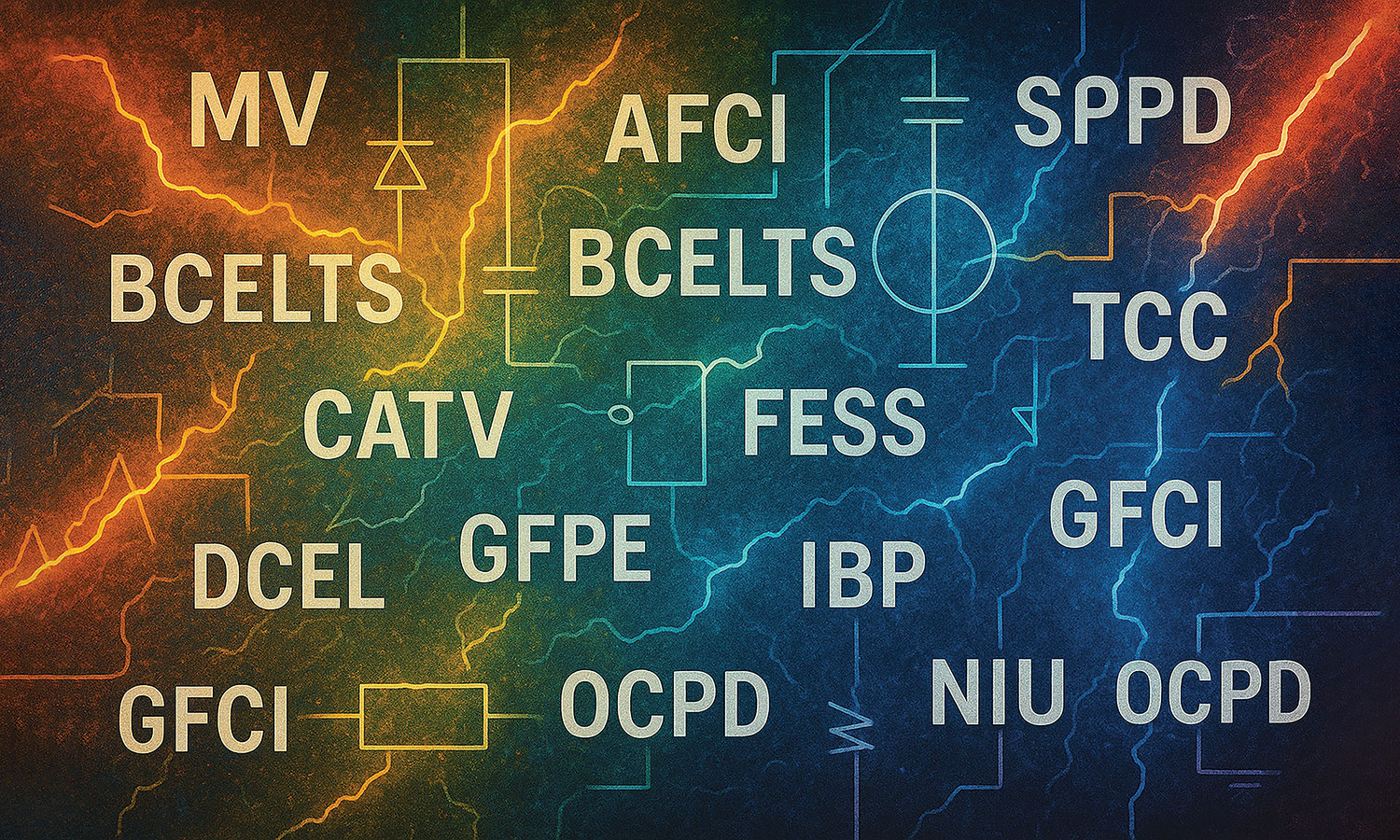First, being asked what we wanted for dinner in a restaurant as the waitress was swallowing food herself, and then she was eating pie at the register as we paid our bills. Second, at another meal one of my mates was patted on the back and told, “Finish it off,” instead of asked, “How is your meal?” The fact that he ate less than half of what was on his plate should have been a signal.
On a positive note, for the third incident we had a corner store owner almost do back flips to serve up a bag of ice and two ice cream cones. She was pleasant, talkative, and interested in us. She made us want to come back. And to wrap it up, when we asked the concierge at the resort to point us to our cabins, she explained very politely why she does not point and gestured using four fingers and an open hand. We felt like we learned a universal truth.
In each of these cases, what would prompt someone to act that way?
There are many reasons we could presuppose, all of which are superficial. For the mediocre servers, maybe their boss does not care, or they do not understand the importance of their job, or they do not have the proper training. I do not know.
As for the great servers, perhaps we caught them on a good day, or they are jazzed up about helping others, or they have an incentive to provide great service. Again, I am not sure why.
Regardless, there is one underlying reason that explains the difference between excellent service and mediocre service. The root cause rests in how the server thinks about his or her work.
For people who provide excellent service, they care. They care about the work they do and the customers they serve. For the people who provide mediocre service, quite simply they do not care.
Who knows why these individuals cared or not, but fortunately there is a cure for not caring. There is a feeling, that when elicited, is guaranteed to help people care more. It is the missing link to caring, as well as to excellent service and happy people. It is simple and it will transform someone who does not care into someone who cares.
The missing link is gratitude and you can help someone experience it by asking the question, “What are you grateful for about your work?”
Be patient and listen. Resist the temptation to tell them what they should be grateful for. If they continue having difficulty in finding something to be grateful for, then share what you are grateful for. Be open and honest. Then ask them the question again.
Once someone is genuinely grateful, they cannot help but care. They will seek out solutions to the superficial reasons like lack of training. As a result, they will be happier and the customers they serve will be happier too. Remember, this is not a “bucket list” question. It is a question that must be asked over and over again so that caring and excellent service do not become flavors of the month.
There is one caveat. If you want this technique to work with others, first you must be genuinely grateful and you must care. So make sure you have a good sense of what you are grateful for concerning what you do and those you serve. If someone senses that you are not genuine in how you express your gratitude or your care, the question just might backfire on you.











Find Us on Socials